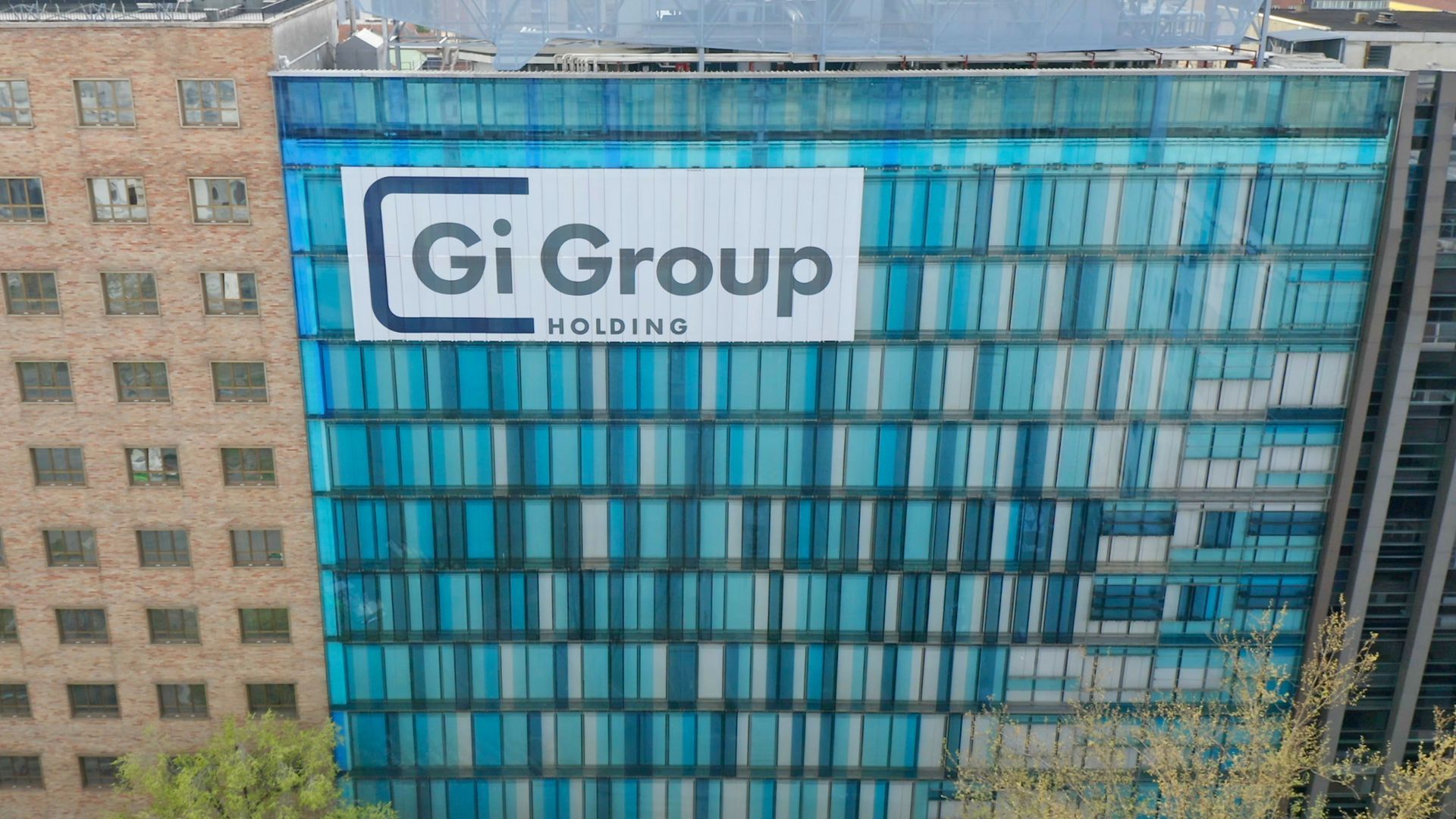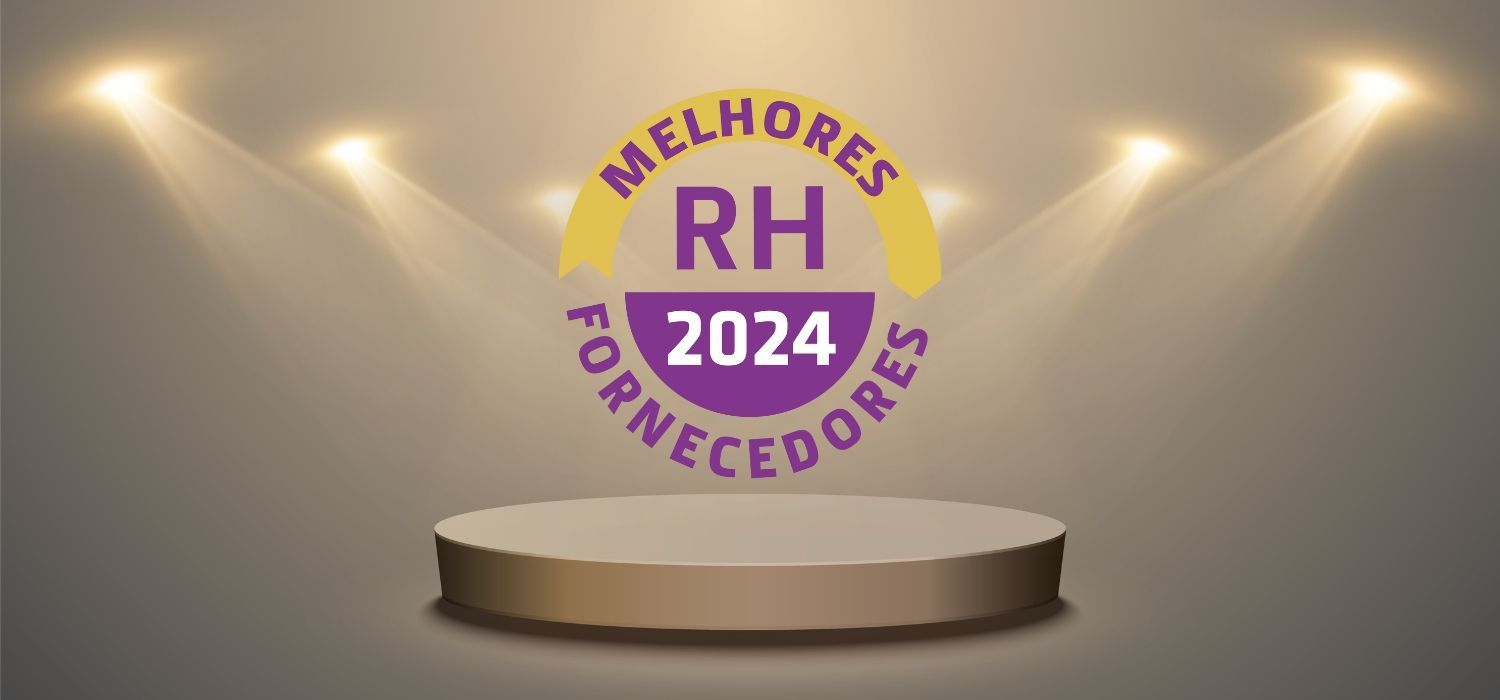Top 15 most important interview questions and how to answer them

There are some common interview questions and you should prepare your answers before-hand. Along with answers be ready with some compelling examples. The key thing to remember when responding to interview questions is to keep your answers brief and to the point. If you are faced with a difficult question, make sure you stay calm, don't get defensive, and take a moment to think about your response before you answer.
Remember, the responses below are only suggestions. Try to personalise your response as much as possible. Preparation is key.
Q: Tell me about yourself.
A: This question is typically asked to break the ice. Use this opportunity to distinguish yourself from other candidates compelling the interviewer to learn more about you. Identify some of your main attributes and memorise them. Describe your qualifications, career history and range of skills, emphasising those skills relevant to the job on offer.
Q: What have your achievements been to date?
A: Select one or two achievements that are work-related and fairly recent. Identify the skills you used in the achievement and quantify the benefit it had to the company. For example, 'my greatest achievement has been to design and implement a new sales ledger system, bringing it in ahead of time and improving our debtors' position significantly, saving the company £50,000 a month in interest'. Show how you can bring what you’ve learned to the role.
Q: Are you happy with your career-to-date?
A: This question is really about your self-esteem, confidence and career aspirations. The answer must be 'yes', followed by a brief explanation as to what it is about your career so far that's made you happy. If you have hit a career plateau, or you feel you are moving too slowly, then you must qualify your answer.
Q: Are you happy with your career-to-date?
A: This question is really about your self-esteem, confidence and career aspirations. The answer must be 'yes', followed by a brief explanation as to what it is about your career so far that's made you happy. If you have hit a career plateau, or you feel you are moving too slowly, then you must qualify your answer.
Q: What do you know about us as a company?
A: The recruiter / interviewer wants to know how much research you have done about the company. Go beyond reading the company’s website homepage. Do a Google search on the company and gain more knowledge by reading articles that they are mentioned in, identifying if they have won any awards, and so on. Show how deep you have gone with your understanding of the company and its line of business.
Q: What do you like about your present job?
A: This is a straightforward question. All you have to do is make sure that your 'likes' correspond to the skills required for the job on offer. Be enthusiastic; describe your job as interesting and diverse but do not overdo it - after all, you are looking to leave.
Q: What do you dislike about your present job?
A: Be cautious with this answer. Do not be too specific as you may draw attention to weaknesses that will leave you open to further problems. Do not criticize your employer. Most recruiters look at history as the best determinant of future behavior. One approach is to choose a characteristic of your present company, such as its size or slow decision-making processes etc. Give your answer with the air of someone who takes problems and frustrations in your stride as part of the job.
Q: What are your strengths?
A: This is one question that you know you are going to get so there is no excuse for being unprepared. Concentrate on discussing your main strengths. List three or four proficiencies e.g. your ability to learn quickly, problem-solving skills, determination to succeed, positive attitude, multi-tasking, having composure under pressure, your ability to relate to people and achieve a common goal. You may be asked to give examples of the above so be prepared.
Q: What is your greatest weakness?
A: Do not say you have none – that is not realistic. The interviewer / recruiter is trying to gauge your self-awareness. You have two options - use a professed weakness such as a lack of experience (not ability) on your part in an area that is not vital for the job. The second option is to describe a personal or professional weakness that could also be considered to be a strength and the steps you have taken to combat it. An example would be: "I know my team think I'm too demanding at times - I tend to drive them pretty hard but I'm getting much better at using the carrot and not the stick". Position your weakness as an ‘area for improvement’ to demonstrate your willingness to learn and develop.
Q: Why do you want to leave your current employer?
A: State how you are looking for a new challenge, more responsibility, experience and a change of environment, and explain how the role on offer presents an opportunity for growth. Do not be negative in your reasons for leaving. Reflect positively on your current employer. It is rarely appropriate to cite salary as your primary motivator.
Q: Why have you applied for this particular job? Or, why should we hire you?
A: The employer is looking for evidence that the job suits you, fits in with your general aptitudes, coincides with your long-term goals and involves doing things you enjoy. Make sure you have a good understanding of the role and the organisation, and describe the attributes of the organisation that interest you most. Think of this question as an opportunity to summarize your experience, skill set and passion for the job and company. Present your response as a personal sales pitch.
Q: Tell us about a successful team project that you have been involved in. What was your role and what made it a success?
A: The interviewer is looking for your interpersonal skills. Outline the project objectives, your responsibilities and the actions you took to assist the group and finally outline the successful results. Show evidence of your contribution and how it was critical. Show how you value collaboration and teamwork, and your ability to work towards a shared purpose.
Q: What are your goals for the future?
A: The recruiter wants to learn about your sense of purpose and what drives you. Your ability to demonstrate this can make you a very compelling applicant. Instead of stating ‘I want to be with your company’, rather mention how your goal is to continue to learn, grow, add value and take on new responsibilities in the future.
Q: What do you like to do in your spare time?
A: The recruiter is trying to understand how you would fit in with the team and the company. Mention hobbies that align with the role on offer, for example, learning a new language, playing a team sport, etc. that demonstrate your inquisitiveness and collaborative abilities. Do not mention post-work hobbies like watching Netflix.
Q: Do you have any questions for me?
A: The interview is your chance to understand if the role on offer and the company are right for you. Prepare some questions in advance to help you figure this out. For example, KPIs, training opportunities, career progression, employee benefits, and so on.
Other common interview questions to consider:
· How does your job fit in to your department and company?
· What do you enjoy about this industry?
· Give an example of when you have worked under pressure.
· What kinds of people do you like working with?
· Give me an example of when your work was criticised.
· Give me an example of when you have felt anger at work. How did you cope and did you still perform a good job?
· What kind of people do you find it difficult to work with?
· Give me an example of when you have had to face a conflict of interest at work.
· Tell me about the last time you disagreed with your boss.
· Give me an example of when you haven't got on with others.
· Do you prefer to work alone or in a group? Why?
· This organisation is very different to your current employer - how do you think you are going to fit in?
· What are you looking for in a company?
· How do you measure your own performance?
· What kind of pressures have you encountered at work?
· Are you a self-starter? Give me examples to demonstrate this?
· What changes in the workplace have caused you difficulty and why?
· Give me an example of when you have been out of your depth.
· What have you failed to achieve to date?
· What can you bring to this organisation?
There are several common interview questions and it is essential to prepare your answers in advance. When answering questions, it's important to be objective and concise. If you encounter a difficult question, stay calm, avoid getting defensive and take a moment to think before answering. The suggested answers are only guidelines and it is essential to personalize them as much as possible.
Preparation is key. Don't forget to talk about your achievements, strengths and skills that are relevant to the position. Also, demonstrate your knowledge of the company and the position in question. At the end of the interview, take the opportunity to ask relevant questions about the company and the position.
Remember that the interview is an opportunity to understand whether the company and the position are right for you. Now that you're prepared to face the most common questions, go ahead and stand out from the other candidates! Start your search for your next job today, we have over 1000 vacancies in various sectors, which you can consult at: www.kellyservices.pt
See you soon.
Kelly Team.















